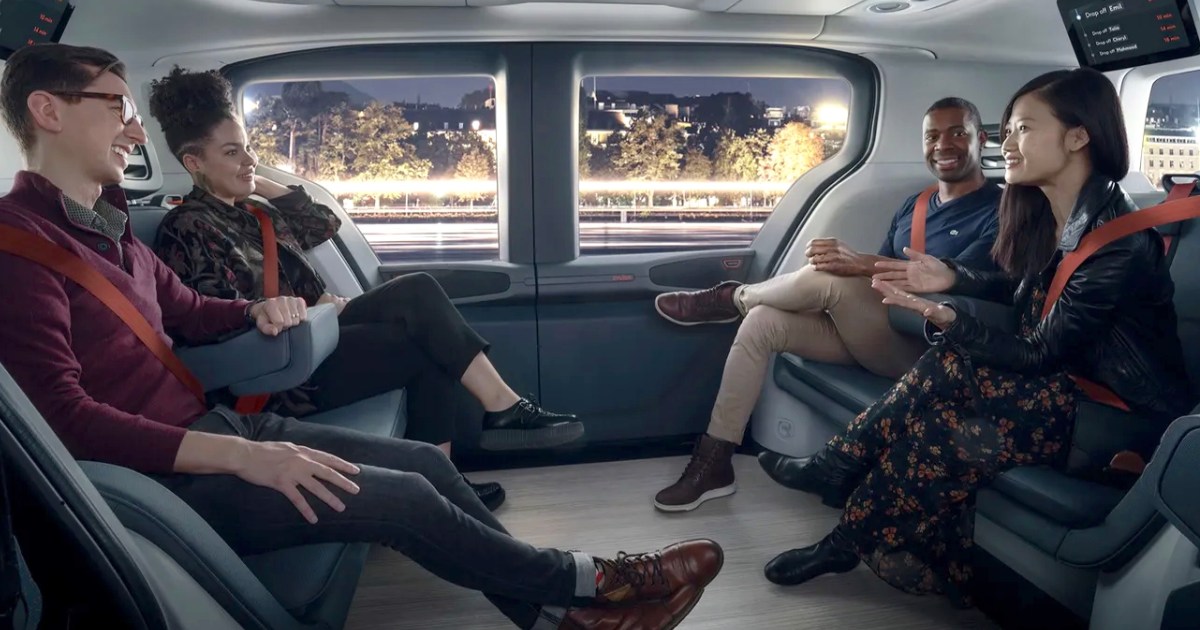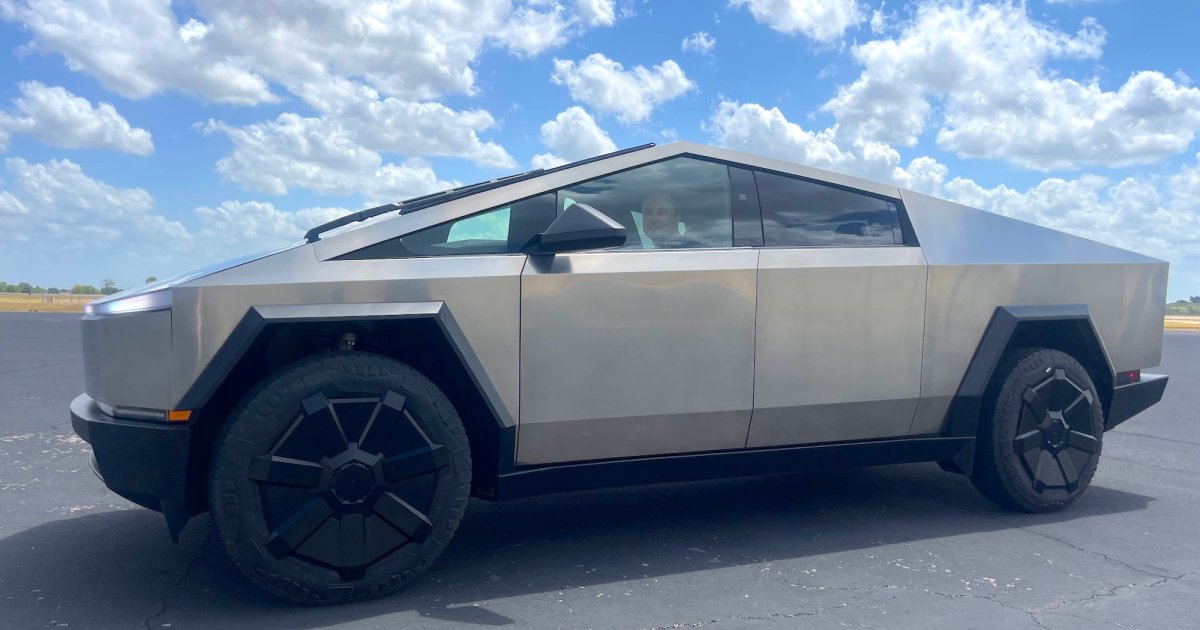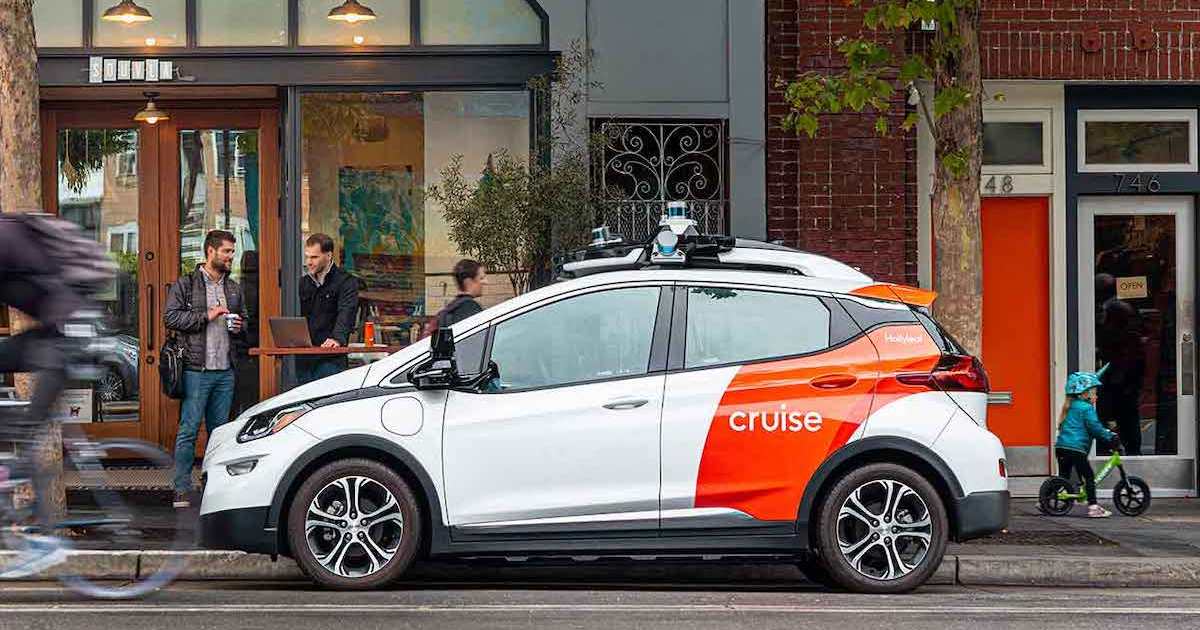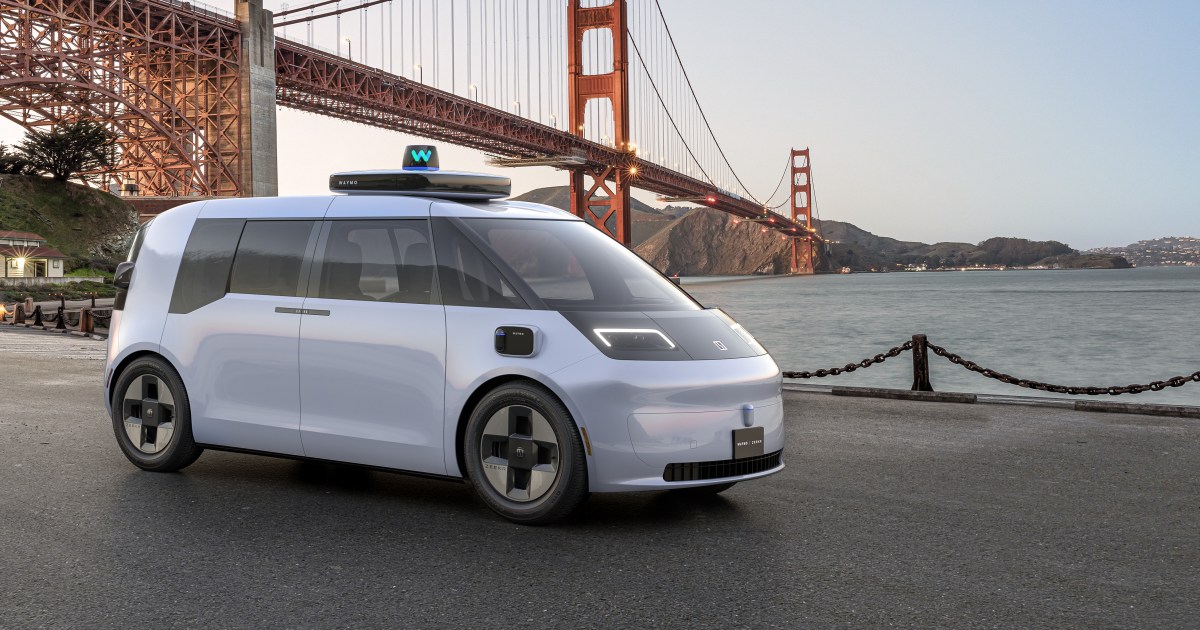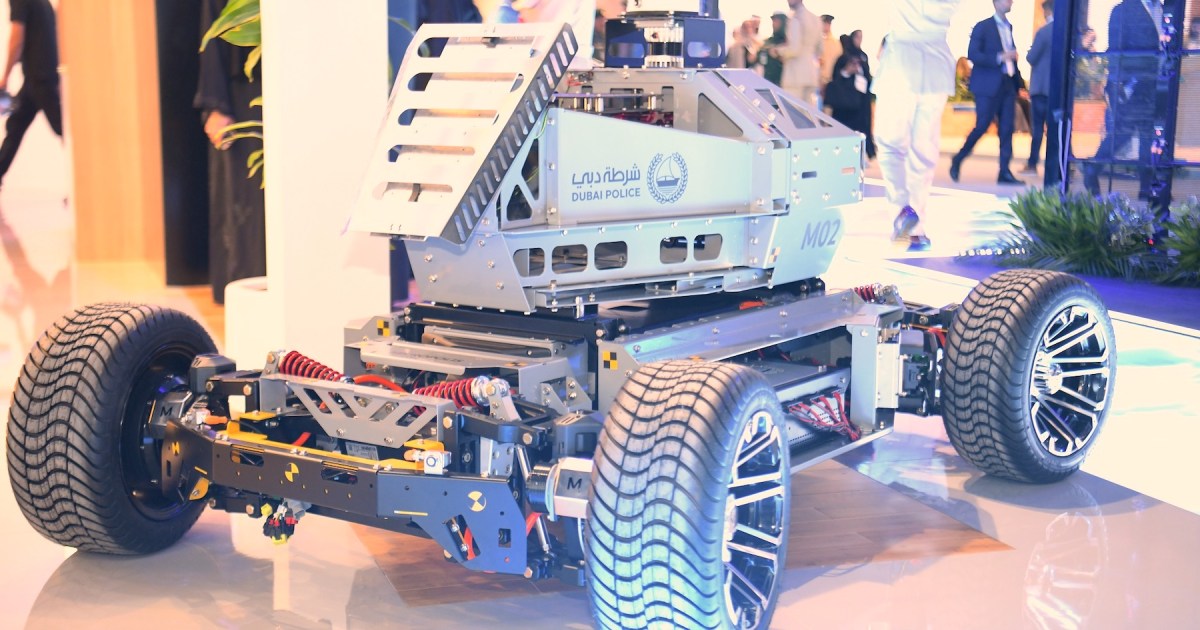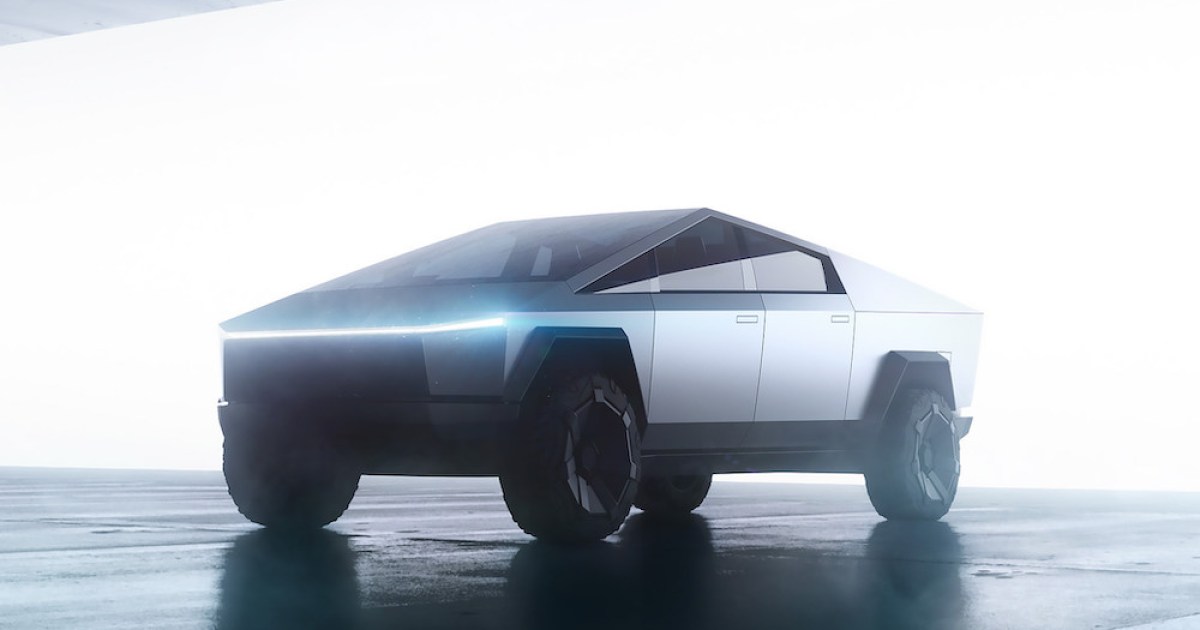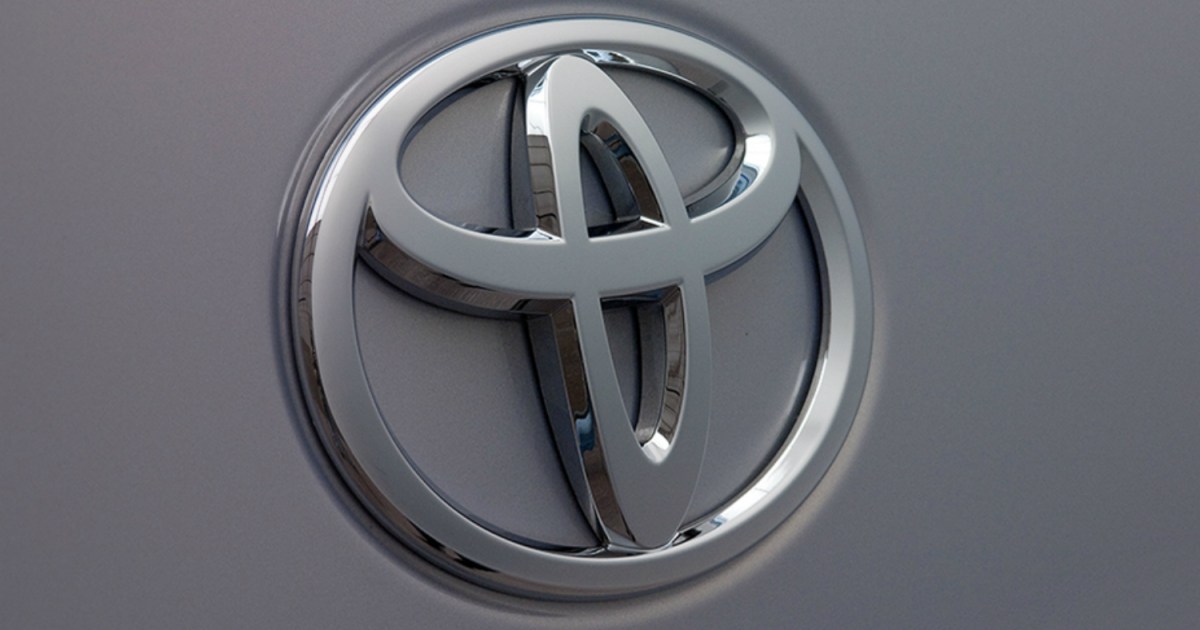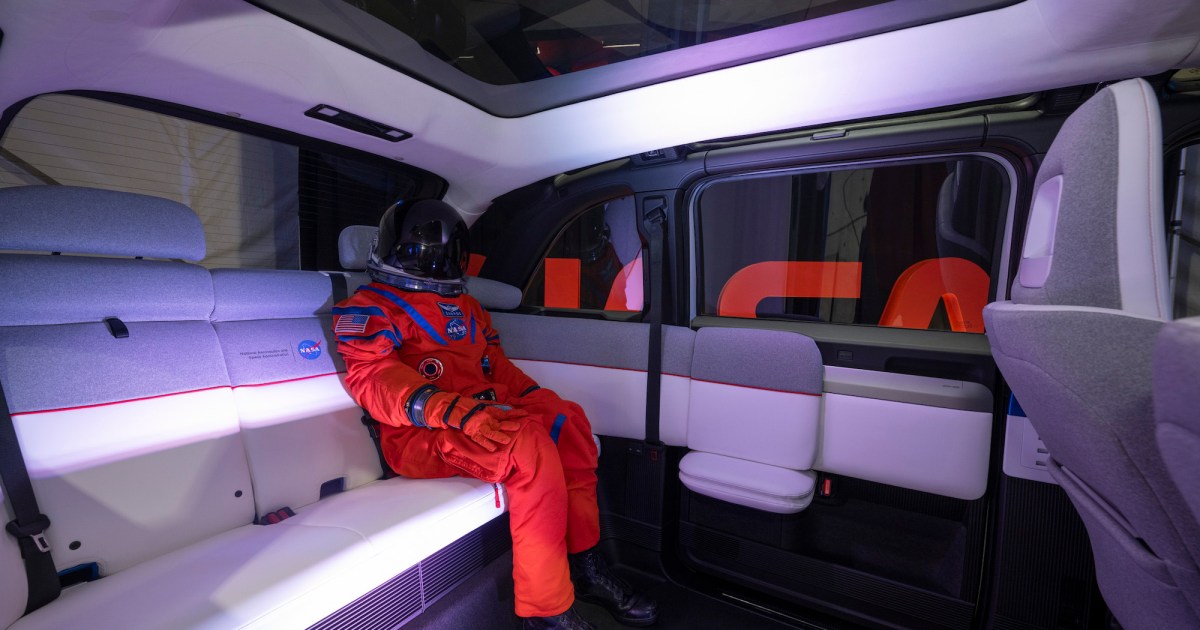Cruise, the autonomous vehicle company backed by General Motors, is on the verge of a major milestone. CEO Kyle Vogt recently announced that the company is just days away from securing regulatory approval for mass production of its purpose-built driverless vehicle, the Origin. This announcement, reported by the Detroit Free Press, signals a significant step forward for the autonomous driving industry.
Cruise first unveiled the Origin in early 2020, showcasing a revolutionary design: a vehicle without a steering wheel or pedals, designed solely for passenger comfort. This futuristic vision aligns with the initial dreams of autonomous vehicle development—a vehicle dedicated entirely to passenger transport.
Currently, Cruise operates robotaxis in cities like San Francisco and Phoenix. These vehicles are modified existing models and still include steering wheels. The company’s ultimate goal is to transition to a fleet of Origin vehicles, offering ridesharing services across the U.S. However, the Origin’s unique design, lacking traditional manual controls, presents regulatory challenges. Securing an exemption from federal safety standards is crucial for mass production, and Vogt expects this approval within the month.
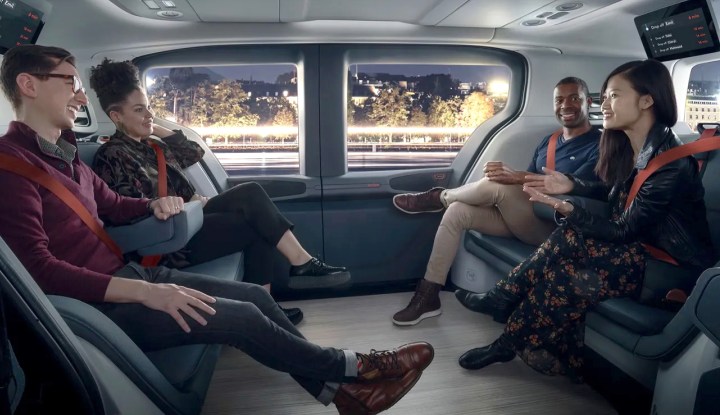 Interior of CruiseThe Cruise Origin, a purpose-built autonomous vehicle without a steering wheel or pedals.
Interior of CruiseThe Cruise Origin, a purpose-built autonomous vehicle without a steering wheel or pedals.
The expansion of robotaxi services has faced criticism and concerns, particularly following incidents involving autonomous vehicles in San Francisco. Critics argue that deploying vehicles like the Origin might be premature given the current state of the technology. Last month, Cruise was ordered to reduce its San Francisco robotaxi fleet by half after a collision with a fire truck. This incident occurred shortly after the California Public Utilities Commission granted Cruise and Waymo permission to expand their paid robotaxi services to operate 24/7 in the city.
Vogt has expressed concerns that excessive resistance could impede the development of autonomous driving technology, which he believes has the potential to significantly improve road safety.
Waymo, another prominent player in the autonomous vehicle space, has also revealed a similar vehicle design. Developed in partnership with Chinese automaker Geely and based on its Zeekr minivan, Waymo’s vehicle also eliminates the steering wheel and pedals. The company emphasizes passenger comfort, highlighting features like ample headroom and legroom, reclining seats, readily accessible screens and chargers, and a customizable cabin.
In conclusion, Cruise’s anticipated regulatory approval for mass production of the Origin marks a potential turning point for the autonomous vehicle industry. While challenges and criticisms remain, the move towards purpose-built driverless vehicles signifies a significant step closer to realizing the vision of widespread autonomous transportation.



